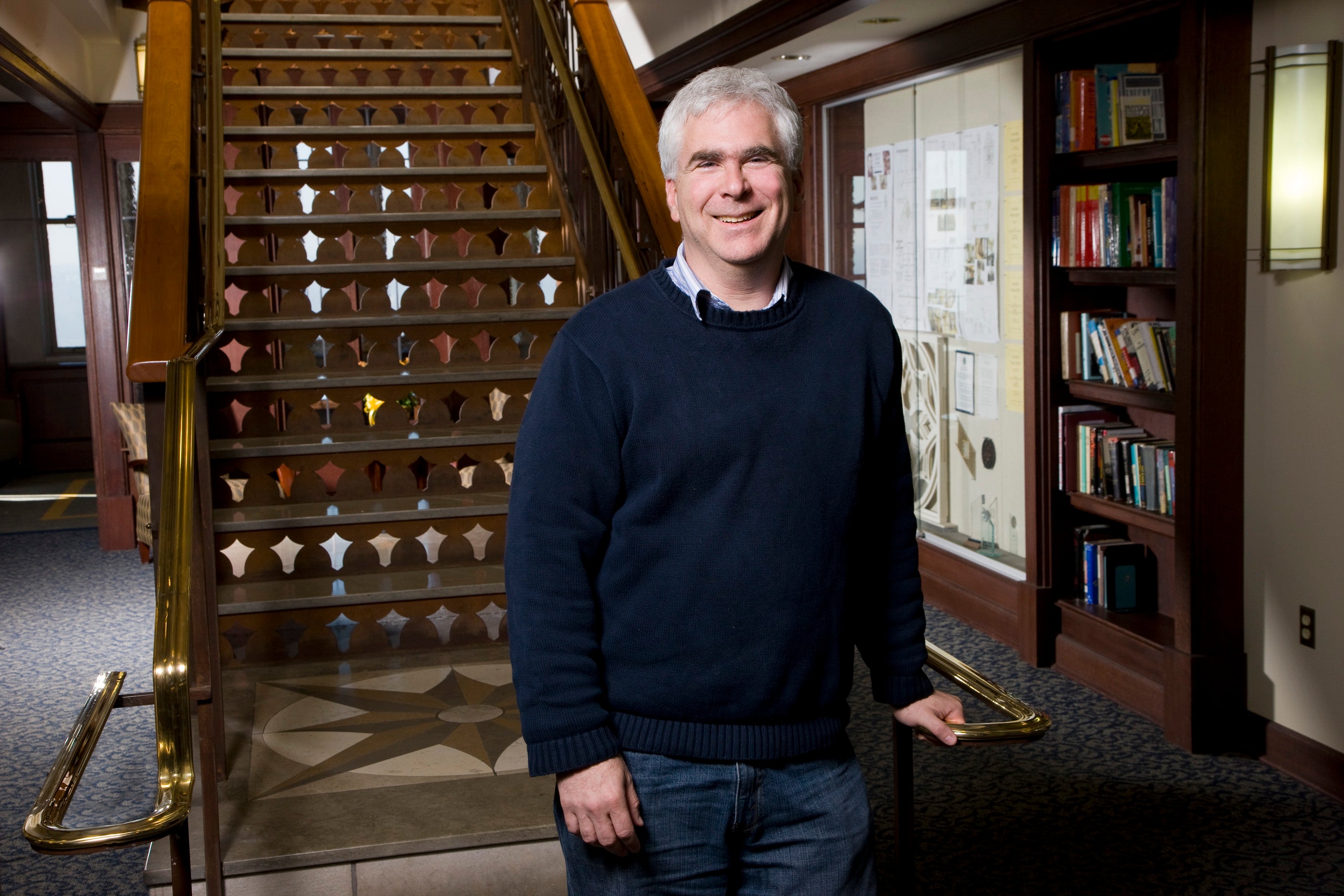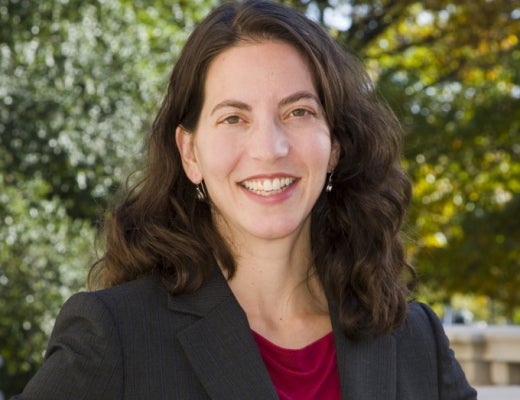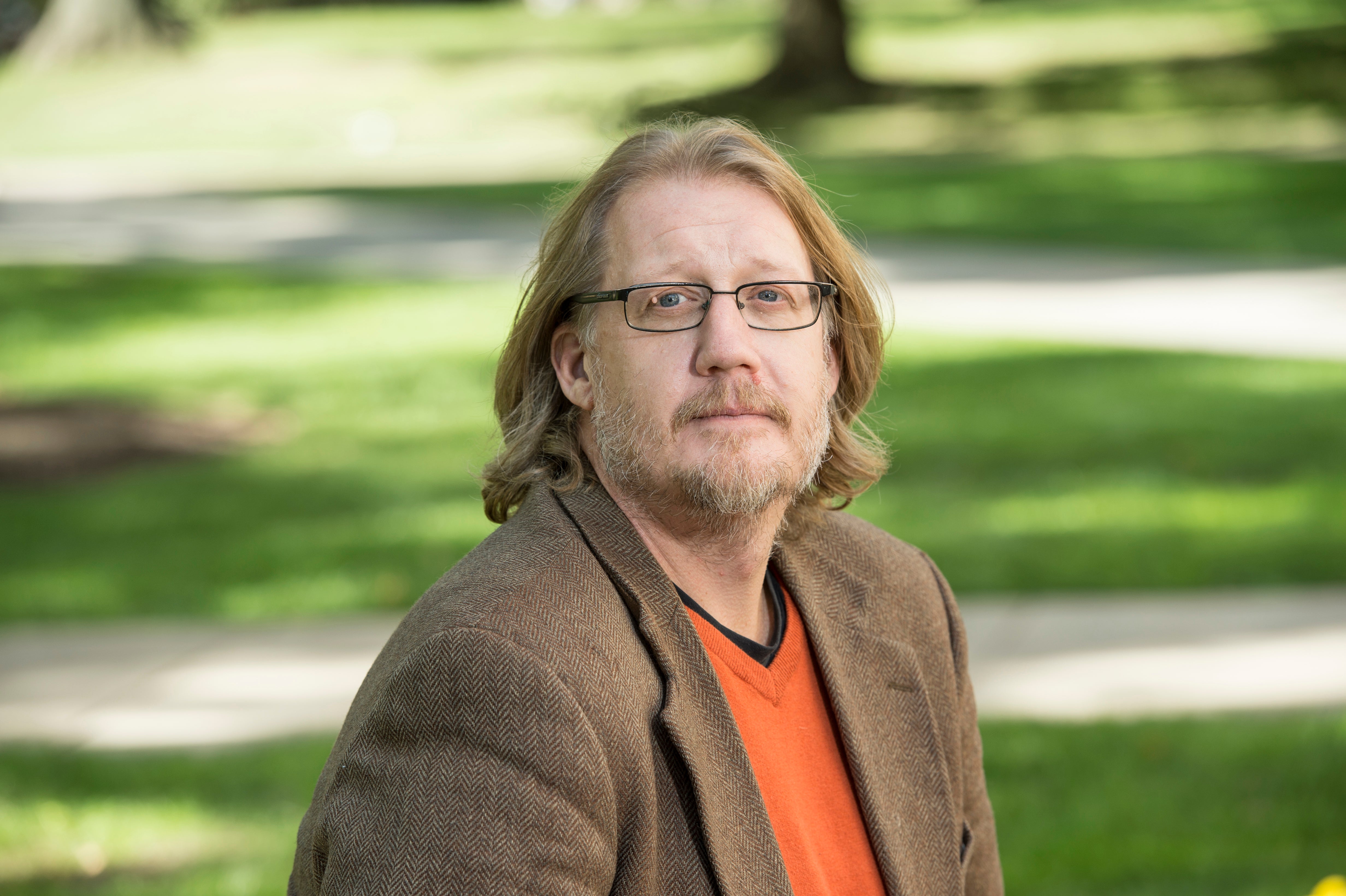In 2015, the Pittsburgh Wage Review Committee issued a report on lower-wage hospital workers. This report highlighted the multiple challenges such workers experience such as food insecurity, housing instability, utility cutoffs, and difficulties affording healthcare or medication. The report also highlighted the resilience and resourcefulness as workers navigated the complexities of living paycheck-to-paycheck relying on public benefits or assistance from non-profit groups, and juggling bills to make ends meet. Following this report, the Pittsburgh Wage Study—led by faculty members Drs. Rafael Engel, Sara Goodkind, and Jeffrey Shook, and assisted by former faculty member Dr. Sandra Wexler—was initiated to further investigate these issues and the lives of lower-wage workers.

“When the Wage Study started, service workers at [the hospital] were making as little as $8 an hour,” said Ben Brewer from SEIU Healthcare Pennsylvania. “Through their careful work describing the impact of low wages on the well-being of these workers, we were able to build a case to increase wages. By 2027, these workers will be guaranteed to make at least $20 an hour. The role and use of research to advocate for improved wages and working conditions for hospital workers in Pittsburgh has been transformative, not only for individual workers but also for raising standards across our city.”
Engel, Goodkind, and Shook were drawn to this research for various reasons. For Engel, the motivation was personal: “My dad died in Vietnam when I was eight, so I grew up in a single-parent household. Even with veterans’ benefits and Social Security, I watched my mom struggle.” Goodkind reflected, “This wasn’t really the area I was directly working in before, but over the years as a social work researcher, I’ve seen how poverty and income inequality are at the root of so many challenges we address in social work. This feels like an essential area for us to conduct meaningful and impactful research that can inform policy efforts to address those issues.”

Shook’s practice and research focus on system involvement: “I’ve been thinking about how we can do more upstream work to prevent system involvement. When I sat on the Wage Review Committee, I listened to workers—their stories were powerful. I remember a hospital worker dealing with cancer who couldn’t afford her own care while providing care for others. Stories like these have stayed with me.”
It’s wonderful when researchers see their work influence actual policies, and the Pittsburgh Wage Study has done just that. Dan Frankel, Pennsylvania State Representative, highlighted the importance of one report for policy: “This report tells the story of a huge number of carers and healers who are being forced out of a field they love because they aren’t getting the support they need. As lawmakers, we can’t improve access to high-quality healthcare in Pennsylvania without taking care of our healthcare workers. This should set off alarm bells throughout Harrisburg.”
Currently, the team is focused on publishing more about their work. Several doctoral students who have worked on the project have gone on to continue the work at new institutions and have also published articles related to the Wage Study. So far, there are sixteen peer-reviewed articles and numerous reports and briefs related to the project and more in progress.

One of the highlights of the project for the team has been giving a voice to those who have often been pushed to the sidelines. “The people are the experts here. The workers are the experts,” said Shook. “They’re the ones who actually know what’s going on. We’ve had so many conversations, interviews, and surveys…so many ways that we’ve collected data, but a lot of times they weren’t given the credibility and legitimacy to speak on these topics or to be respected as experts. So, for me, one of the really powerful aspects of this project is that this helped provide some legitimacy behind their voices, and that it helped.”